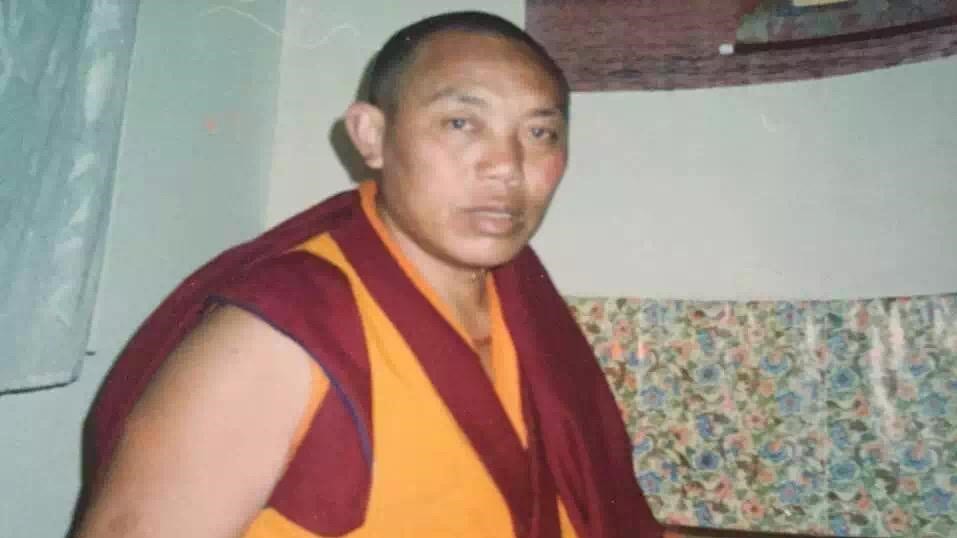By Choekyi Lhamo
DHARAMSHALA, Dec. 27: Former political prisoner and monk Agyal Tsering passed away on December 18 around 8.15 am local time in Tibet, according to Tibet.net. Tsering was born in 1952 to Samten and Yangkyi in the village of Rongpa Tsajori (རོང་པ་ཚ་ཇོ་རི།) in Kardze Tibetan Autonomous Prefecture in Kham.
The 71-year-old was first arrested in March 1990 by the Chinese police in Kyegudo, Yulshul Tibetan Autonomous Prefecture. He was later imprisoned for 18 months over allegations of distributing books containing exiled leader Dalai Lama’s teachings and speeches, in addition to distributing leaflets calling for independence for Tibet.
Tsering was arrested again on October 24 in 1999 at the Kardze Tibetan Autonomous Prefecture with two others, Geshe Sonam Phuntsok and Sonam Choephel. The trio’s arrest on 24 October was linked to the authorities’ concern over Geshe Phuntsok’s influence in the area and his loyalty to the Dalai Lama as he had led prayers for the Dalai Lama a year earlier. The court documents also showed how the authorities faced the crowds demanding the release of the three imprisoned monks, “On 25 October in 1999, when our Public Security Bureau based on law took an action to control the accused, because of a few reactionary elements, [and] over 3,000 local people attacked the township government and the police station.”
The Chinese authorities responded to the protests by deploying forces that fired shots into the crowd and subsequently arrested at least 80 Tibetans. Agyal Tsering was sentenced to three years of imprisonment, where he endured torture while serving his prison time. Also known by other names like Lama Lobsang, Apho Agyal, Lobsang Tenzin, he was a monk at Tehor Dhargay monastery. Tsering had led various fundraising events, such as erecting a prayer wheel in Yulshul’s Chumarleb County for the residents as described in Nagtsang Nulu’s autobiography at the time.










